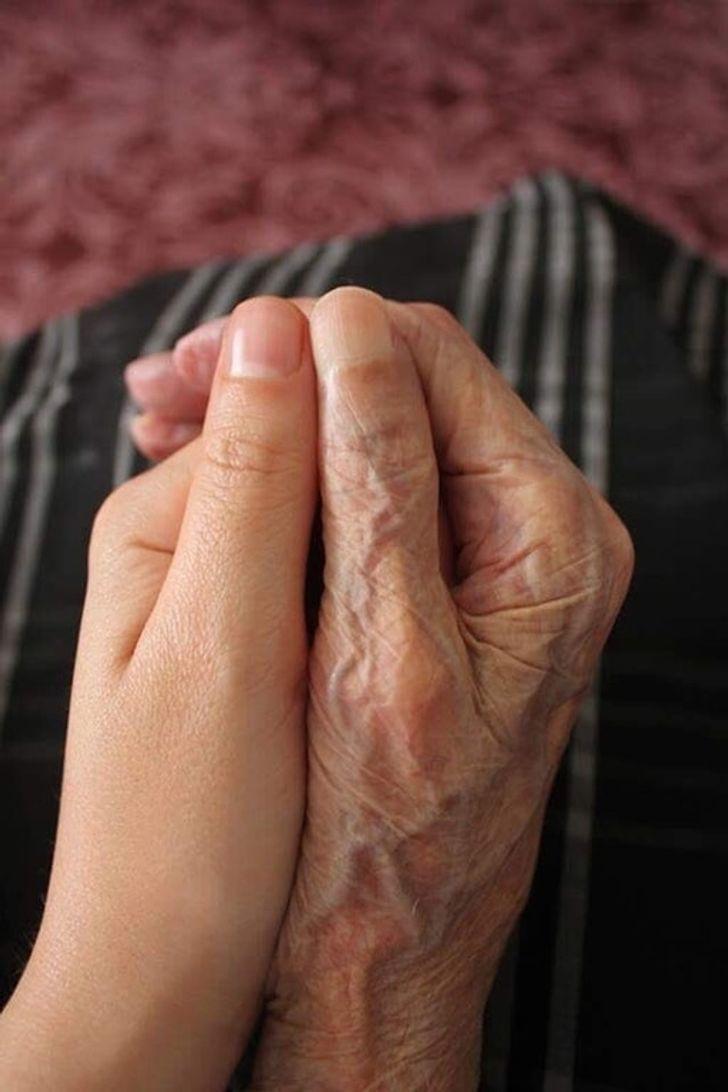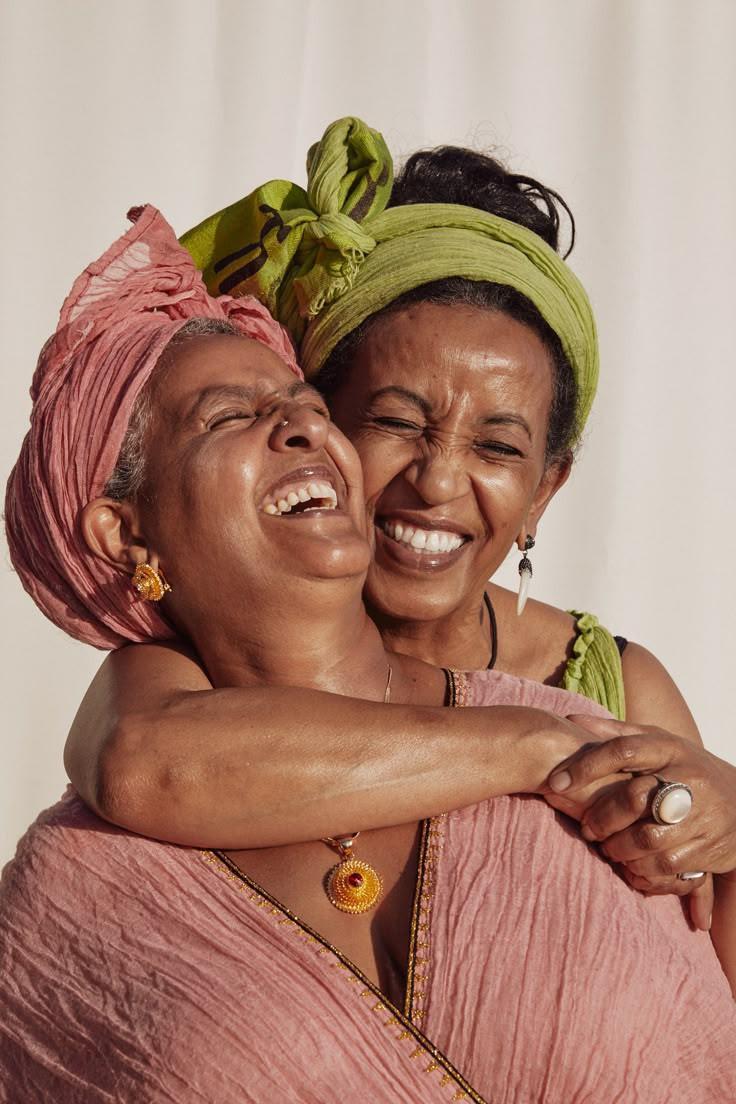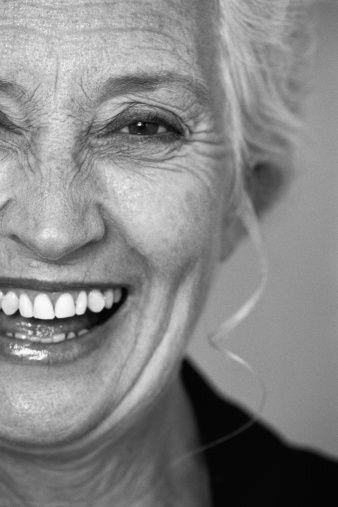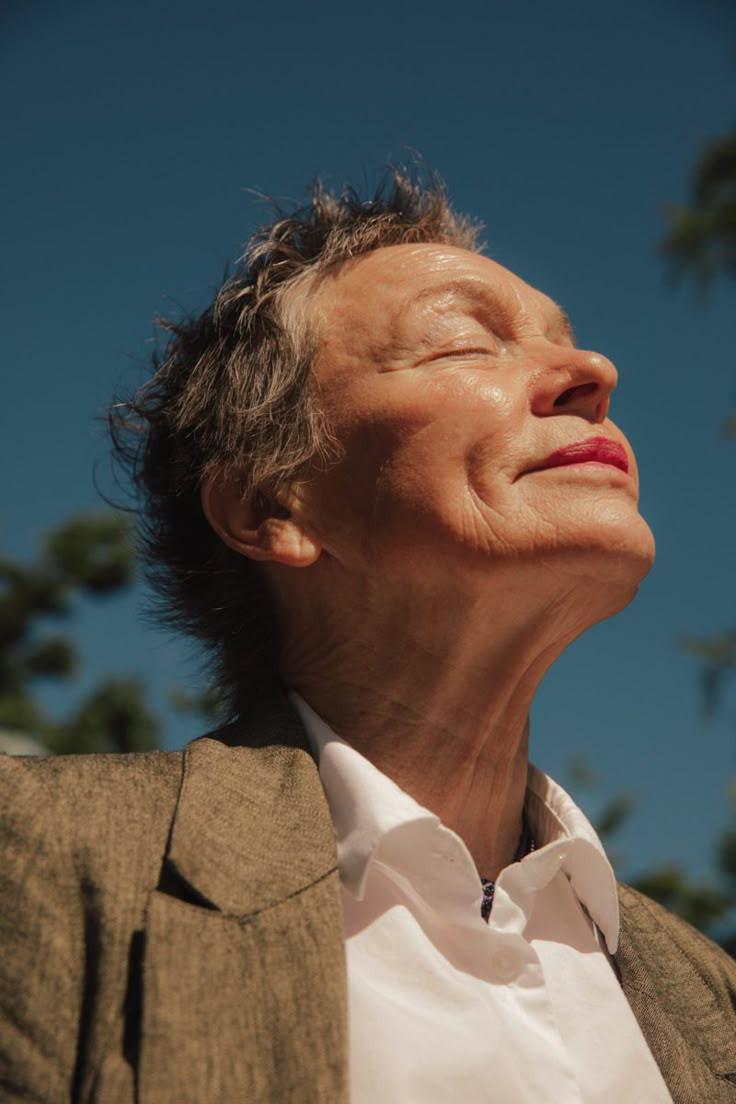Student Village Academy › Forums › HEALTH AND RELATIONSHIPS › The Science of Aging: How to Stay Healthy as You Grow Older
- This topic has 0 replies, 1 voice, and was last updated 1 year ago by
 Jimoh Eyitayo.
Jimoh Eyitayo.
-
AuthorPosts
-
-
February 18, 2025 at 8:17 PM #77513
 Jimoh EyitayoParticipant
Jimoh EyitayoParticipant
I used to think aging was something that just happened as a slow march toward wrinkles, gray hair, and creaky joints.
It wasn’t something I thought about deeply until I watched my grandmother age so gracefully.
She was in her late 70s, yet she moved with so much energy, her skin glowed, and her mind was sharp.
People always ask, “What’s your secret?” She would smile and say, “Taking care of myself long before I needed to.”
That stuck with me. Aging isn’t just about getting older it’s about how we take care of our bodies and minds over time.
Science backs this up. There are ways to slow down the aging process, not by stopping time, but by making sure we stay healthy as we grow older.
What Happens to the Body as We Age?
Aging is natural, but why do we age? Science explains that our cells gradually lose their ability to regenerate.
This affects everything our skin loses elasticity, our bones become weaker, and our metabolism slows down. Internally, oxidative stress and inflammation increase, making us more susceptible to diseases like heart disease, diabetes, and Alzheimer’s.
But here’s the good news: while aging is inevitable, how we age is largely in our control.
Researchers have found that lifestyle choices can slow down many aging processes and improve overall well-being.
So, what are some science-backed ways to stay healthy as we grow older?1. Prioritize Nutrition: You Are What You Eat
One of the biggest factors in healthy aging is diet. The food we eat fuels our bodies, repairs cells, and keeps our systems running efficiently. Diets rich in whole foods—vegetables, fruits, lean proteins, and healthy fats—help reduce inflammation and oxidative stress.
Antioxidants (found in berries, dark chocolate, and nuts) help fight free radicals, slowing down cell damage.
Omega-3 fatty acids (found in fish like salmon and walnuts) support brain health and reduce the risk of cognitive decline.
Protein-rich foods (like beans, chicken, and eggs) maintain muscle mass, which naturally declines with age.Grandma always said, “Your body reflects what you feed it.” She stuck to whole foods and avoided processed sugar and junk food—and she thrived because of it.
2. Keep Moving: Exercise is the Fountain of Youth
If there’s one thing that can dramatically slow down aging, it’s exercise. Studies show that staying active reduces the risk of heart disease, strengthens bones, and keeps the brain sharp.
The best part? You don’t have to spend hours at the gym. A mix of strength training, cardio, and flexibility exercises is ideal:
Strength training (like weightlifting or resistance bands) prevents muscle loss.
Cardio exercises (like walking, swimming, or cycling) support heart health.
Stretching and balance exercises (like yoga or pilates) improve flexibility and prevent falls.
Even small daily movements—taking the stairs instead of the elevator, walking around while on phone calls—can add up over time.
3. Sleep: The Underrated Anti-Aging Secret
We often underestimate how powerful sleep is. Poor sleep speeds up aging by increasing stress hormones and reducing the body’s ability to repair itself. The science is clear: adults should aim for 7–9 hours of quality sleep every night.
To improve sleep:
Stick to a consistent sleep schedule (even on weekends).
Reduce screen time before bed—blue light disrupts melatonin.
Create a relaxing nighttime routine, like reading or meditating.Think of sleep as your body’s repair mode. Skimping on it can lead to faster aging, while good sleep habits keep you feeling younger.
4. Keep Your Brain Active: Mental Fitness Matters
It’s not just the body that ages—the brain does, too. But just like physical exercise keeps muscles strong, mental exercise keeps the brain sharp.
Studies show that learning new skills, reading, and engaging in complex activities can slow cognitive decline. Some great ways to keep your brain active include:
Learning a new language or musical instrument
Playing puzzles and strategy games
Reading and discussing books
Staying socially active—loneliness accelerates cognitive declineGrandma was always learning crocheting, trying new recipes, and even watching documentaries. She never let her mind get stagnant, and it showed.

5. Manage Stress and Stay Happy
Chronic stress speeds up aging. It increases inflammation, weakens the immune system, and even shortens telomeres (the protective caps on DNA linked to aging). But staying stress-free isn’t about avoiding challenges—it’s about how we manage them.
Healthy stress management strategies include:
Meditation and mindfulness to calm the mind
Spending time in nature to reset
Connecting with loved ones—strong social bonds increase lifespan
Practicing gratitude—focusing on the positives improves emotional well-beingHappiness isn’t just a feeling—it’s a key to longevity. Studies show that optimistic people live longer and healthier lives. Grandma always found reasons to smile, and it wasn’t by accident—she chose to focus on joy.
6. Regular Health Check-Ups: Prevention is Better Than Cure
Aging well isn’t just about reacting to health issues—it’s about preventing them. Regular check-ups can catch problems early before they become serious.
Some key tests to prioritize as you age:
Blood pressure and cholesterol levels (for heart health)
Blood sugar levels (for diabetes prevention)
Bone density tests (to prevent osteoporosis)
Cancer screenings (such as mammograms, colonoscopies, and prostate exams)It’s easy to ignore routine health check-ups, but they can add years to your life by catching potential problems early.
Final Thoughts: Aging is an Opportunity, Not a Curse
Aging isn’t something to fear—it’s a privilege. The key is to age in a way that allows us to keep enjoying life, doing what we love, and staying independent.
The choices we make today—what we eat, how we move, how we think, and how we manage stress—determine how we age. The science is clear: healthy habits can slow aging and improve quality of life.
So, if you’ve ever worried
about getting older, don’t. Instead, focus on taking care of yourself today. Future-you will thank you for it.
-
-
AuthorPosts
- You must be logged in to reply to this topic.

